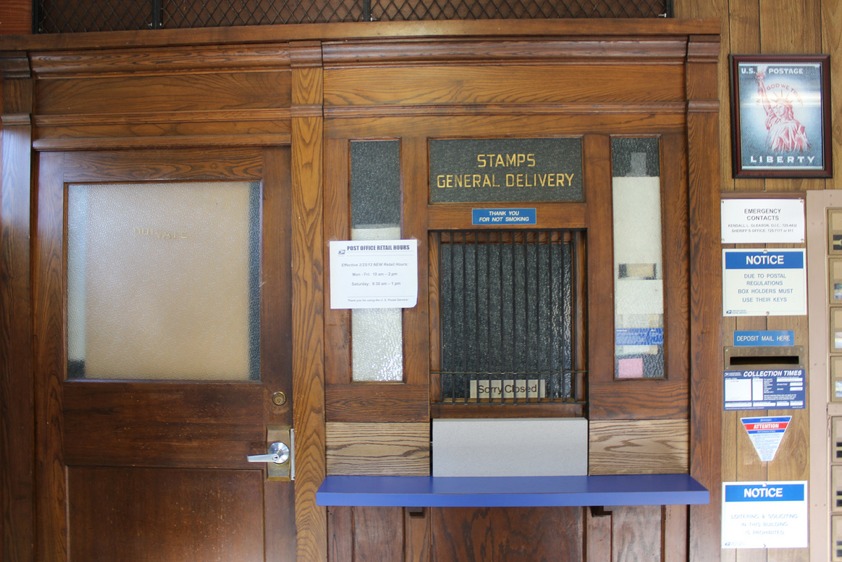It’s the holiday season and showtime for the U.S. Postal Service, which recently announced that it will add Sunday home deliveries during the final two weeks before Christmas to stay ahead of the crush of packages it has to deliver.
So now is as good as time as any to consider this question: If the U.S. mail service were a publicly listed company, would it make a good investment?

Losses: $46 billion
That may seem an absurd question, given that the USPS posted a third-quarter loss of $1.96 billion despite an increase in revenue from price increases for stamps and services.
It has lost $46 billion in all since 2006.
The network is also burdened with an aging vehicle fleet and other required upgrades that will require an estimated $10 billion in capital over the next four years.
On top of that, snail mail has been in secular decline for years as emails and online payment systems have gained popularity with consumers.
Yet the notion that the USPS could be a commercially viable, even an attractive business, isn’t as crazy as it might seem.
Government meddling
For starters, the mail service doesn’t have the same freedom of action that a Federal Express (FDX) or UPS enjoys as a private company.
For instance, ending Saturday delivery (an arguably sensible business decision) would require overcoming Congressional opposition.
So would lifting the legal requirement the postal service faces to pre-pay its retiree health care fund. That’s unheard of in the corporate world.
So what would happen if the USPS were privatized or at least given more freedom to make business decisions?
A case study?
Consider the case of Deutsche Post AG (DPSTF), the German mail authority that was privatized back in 1995.
It’s the world’s largest courier company and owns the DHL express delivery service. It’s a profitable player and on the stock buying lists of Wall Street firms.
To be sure, the USPS would definitely need to up its game if were ever to become a private player.
The really profitable and steadily growing segments of mail delivery (parcels and express delivery) face fierce competition.
Big data
However, with access to private capital markets, USPS could raise the money needed to upgrade its data management systems to become more competitive.
Better mail tracking and bar scanning systems might in theory boost efficiency.
So would investment in predictive analytics tools and software algorithms to better direct mail carriers and vehicles to avoid delivery delays and lower costs.
All that said, it’s hard to see the U.S. embracing a privately-run mail service.
Sacred cows
The country is big and sparsely populated outside major cities.
Large swathes of rural America really depend on their local post office to connect to the rest of the world.
Supporting the privatization of the postal service would result in a lot of lost government jobs and draw the ire of the powerful postal union.
That’s not an attractive scenario to many political leaders.
So spare a kind thought when your local postal worker delivers Santa’s presents this year. The business climate the USPS confronts is an unforgiving one.
Photo credit: Carmen Shields via Flickr Creative Commons
DISCLAIMER: The investments discussed are held in client accounts as of November 30, 2014. These investments may or may not be currently held in client accounts. The reader should not assume that any investments identified were or will be profitable or that any investment recommendations or investment decisions we make in the future will be profitable. Past performance is no guarantee of future results.



